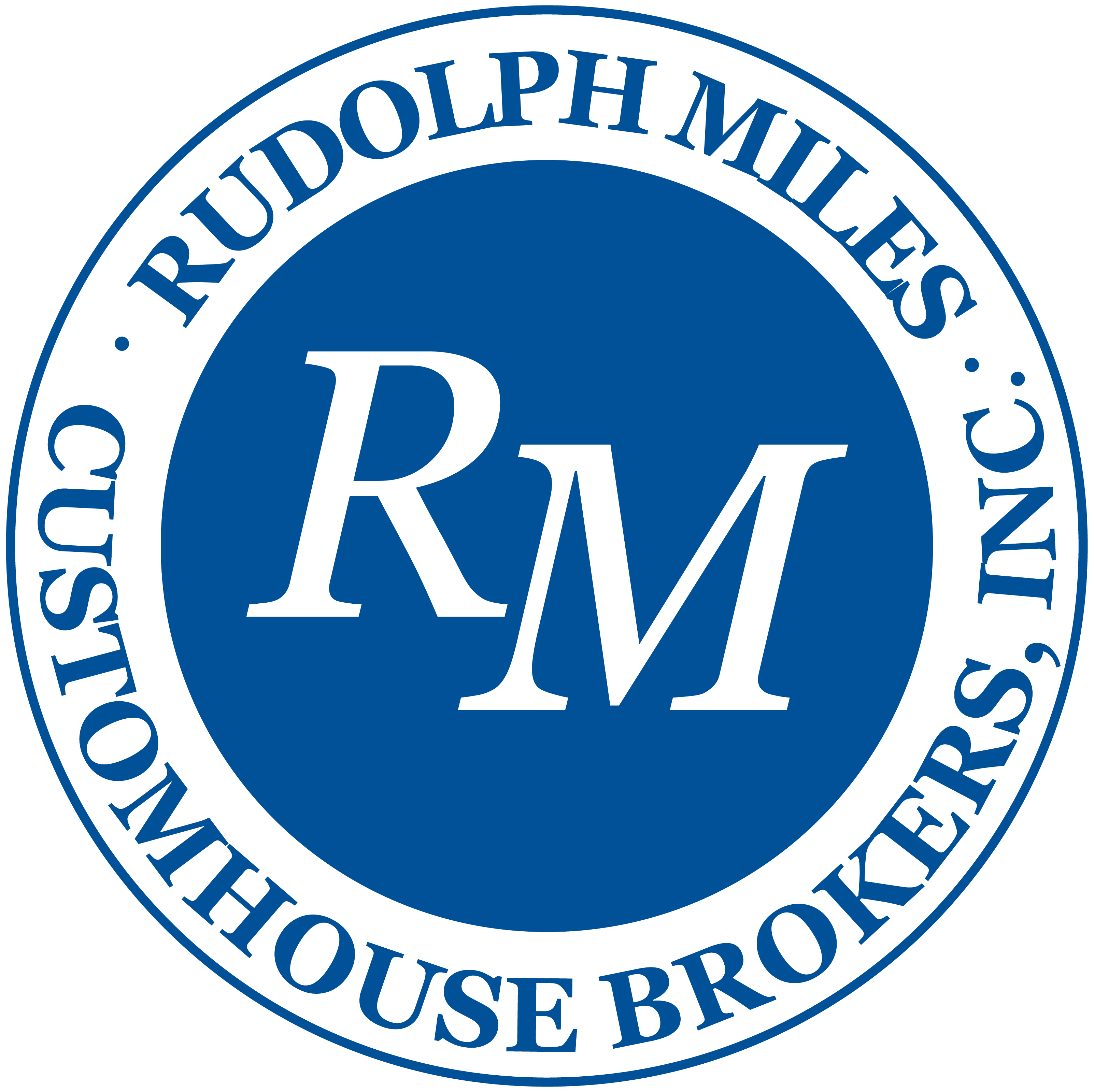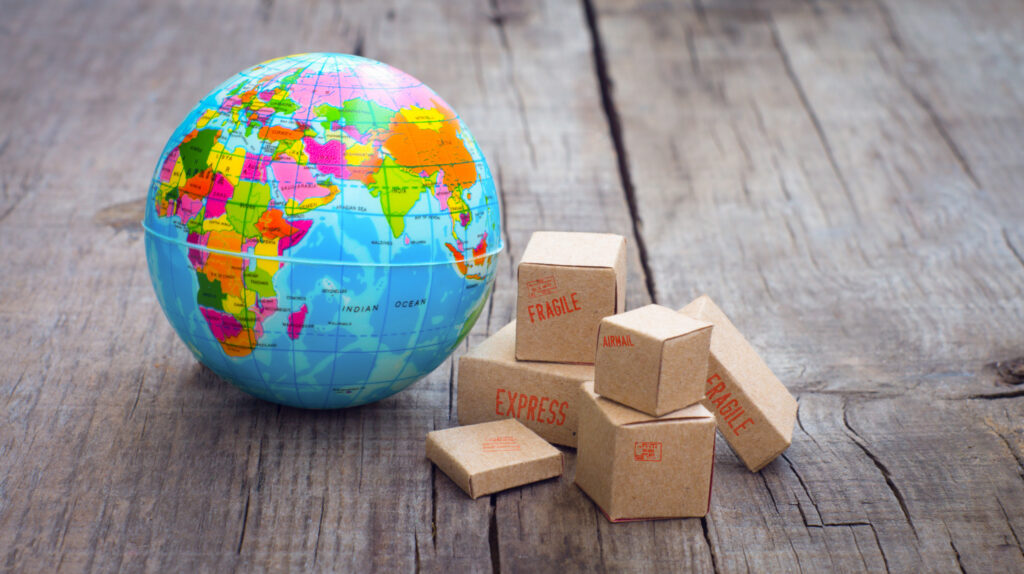
According to the U.S. Customs and Border Protection, goods imported into the U.S. with a value of $2,5000 or more must have a Customs bond. One of your best options is to avoid uncertainty and go through an experienced customs broker who will prepare your goods with a customs bond.
If this is your first time importing goods, it can feel daunting. You might be wondering why you even need a customs bond. We’re here to help answer these questions and break everything down into easy to dissect information.
What’s a Customs Bond and Why Do I Need One?
The purpose of a bond to ensure that the goods coming into the U.S. are insured, have met the customs duties set by the U.S. government, and that importer is not held responsible for any potential issues that could be extremely costly such as the business closing or failing to pay the duties or taxes. In general terms, as an importer, you don’t want to be the one left paying the interest or damaging costs when there is an issue.
What Are the Basic Requirements?
There are eight basic conditions that as an importer you must meet when you post a customs bond. They are as follows:
- You agree to pay the duties, taxes, and any other charges.
- You agree to complete the entry into the U.S.
- You must provide evidence and the required documentation for the shipment.
- You must agree to resolve any non-compliance issues with the provision for admission
- You agree to allow inspection and examination of the imported goods.
- You agree to reimburse and exonerate the U.S. for the inspection and handling & storage costs (if applicable).
- You agree to comply with the special requirements of duty-free shipments.
Agencies With Import Requirements
Depending on the type of goods you’re importing, you’ll need to meet the requirements of that federal agency. Here are examples of the most common ones:
- Food and Drug Administration (FDA). This includes imported items such as food, medication, cosmetics, health devices, food-related items, supplements, tobacco products, veterinary products, and other goods that are overseen by the FDA.
- Environmental Protection Agency (EPA). The EPA regulates chemicals imported into the U.S. Since there are chemicals that are not permitted entry into the U.S., the EPA will ensure that your goods do not contain those chemicals.
- Department of Transportation (DOT). If you’re importing parts of a vehicle, the items will need a customs bonds that meets the requirements of the DOT.
Ready to Ensure a Guaranteed Customs Bond Process? Contact RM Customhouse Brokers
A customs bond is an integral part of the importing process. Failing to comply with regulations could result in extremely costly fines and delays in receiving your goods. As an importer, it is your responsibility to pay for duties and any taxes associated with shipments. We’ll help make the process as easy as possible while guaranteeing full compliance. Connect with us today to learn more.


